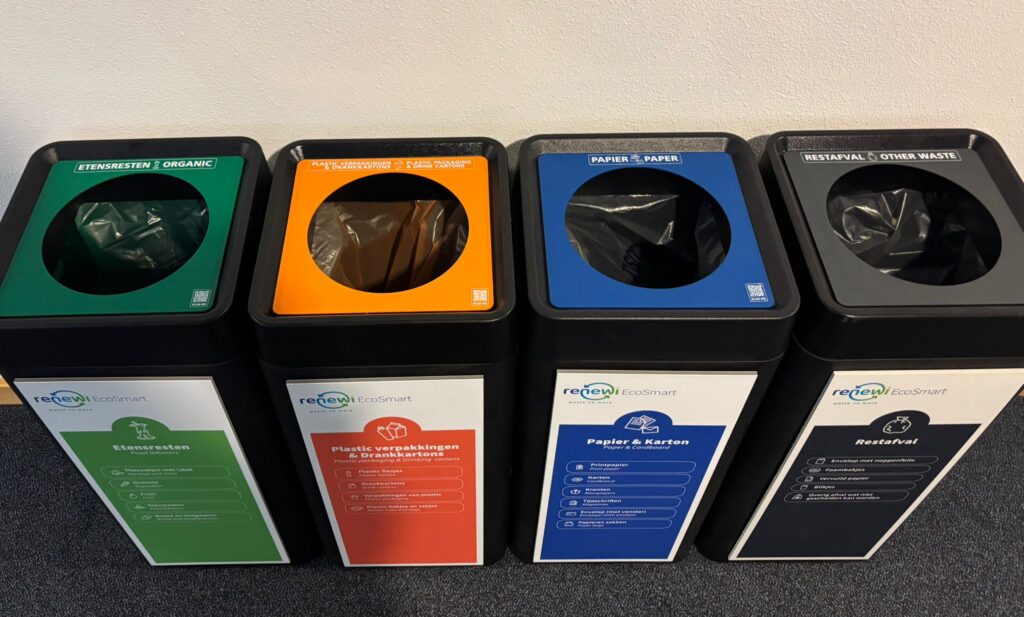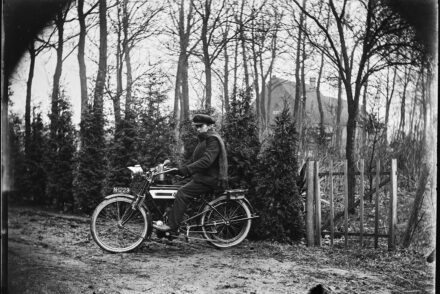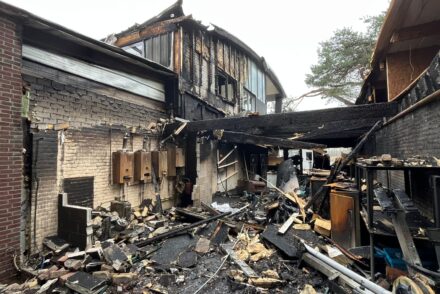Which bin do you throw your cup in? Tilburg University changes its waste separation
Tilburg University is taking a step toward a fully zero-waste campus by 2040. From now on, campus waste bins will feature four categories: paper, plastic, food waste, and residual waste. By the end of October, all campus bins should be adapted.

Tilburg University will now separate waste at the source instead of afterwards. This means new waste bins are being placed across campus, while existing bins are being updated with stickers for the following categories: paper and cardboard, plastic packaging and drink cartons, food waste, and residual waste.
Raising awareness
According to Renewi, Tilburg’s waste management partner, separating waste at the source is more effective. Products stay cleaner and are therefore easier to recycle. ‘If you want to recycle paper and someone throws a donut on top of it, it’s no good anymore,’ explains Kris Roderburg, team leader of soft services at Tilburg University.
Why did the university choose this new approach? ‘Separating waste creates more awareness. If you just throw everything into residual waste, you don’t really think about it. Now it becomes clearer that it’s a shared responsibility,’ says Roderburg. Financial reasons also played a role. ‘These days, the government provides support by financing the collection of raw materials such as glass.’
Pauline Magnée, contract manager at Tilburg University, adds: ‘Back then it was easier and cheaper to find a waste management partner who separated waste afterwards. But the market has changed: more and more companies are focusing on separation at the source. At the same time, the university’s sustainability ambitions have become a top priority, and source separation aligns much better with those goals.’
Coffee grounds and mushrooms
In fact, the word waste doesn’t do these materials justice, say Roderburg and Magnée. The university aims to seriously invest in reuse, which is why it now refers to waste management as resource management. ‘Coffee grounds, for instance, are collected separately, because mushrooms can grow on them.’
Tilburg University stresses that recycling is a shared responsibility. ‘We want to conduct random checks of waste to draw conclusions and see what we can still improve as a university,’ says Roderburg. ‘We also want to involve our students, for example through the Green Office,’ adds Magnée.
The better the separation, the cleaner the waste, and the more resources can be reused. Soon, mushrooms may grow from your coffee grounds, while the university continues to grow toward its ultimate goal: a fully zero-waste campus by 2040.







